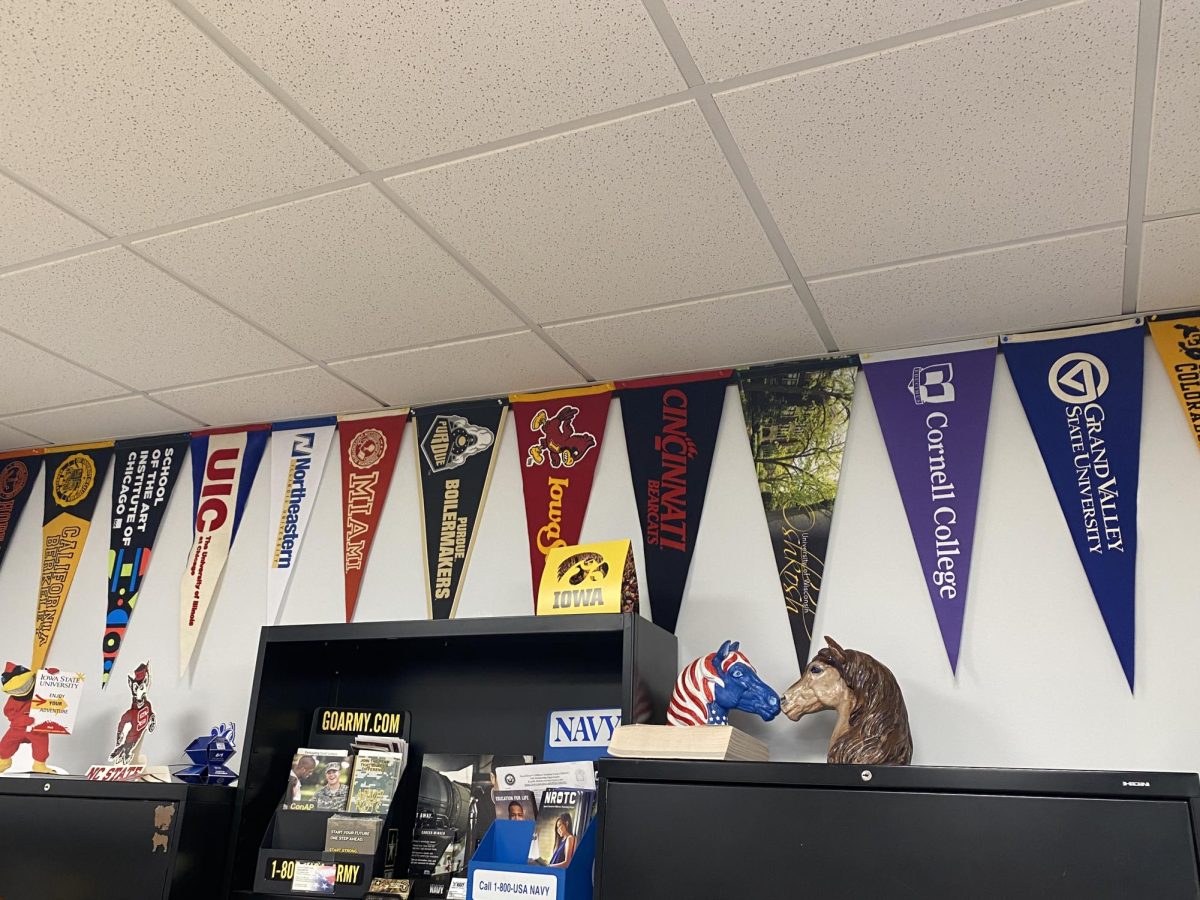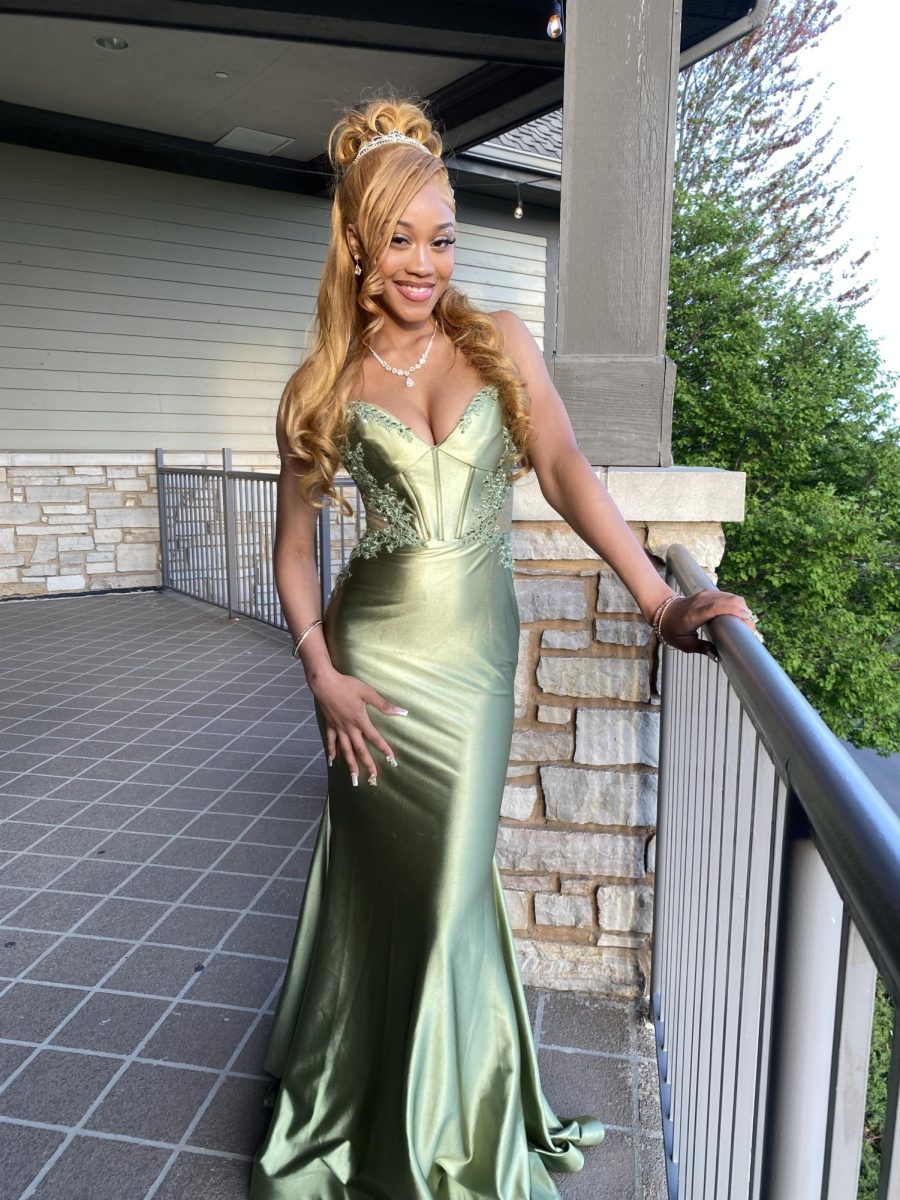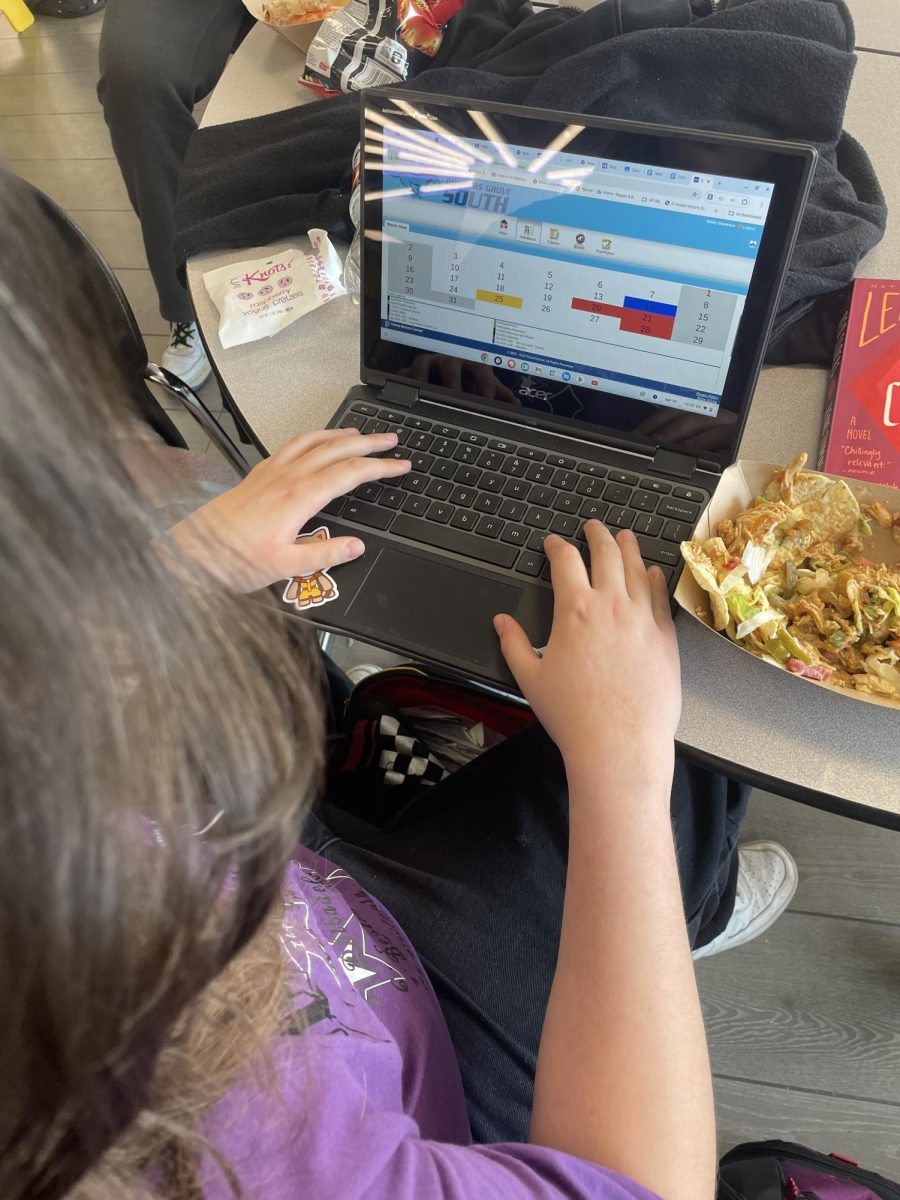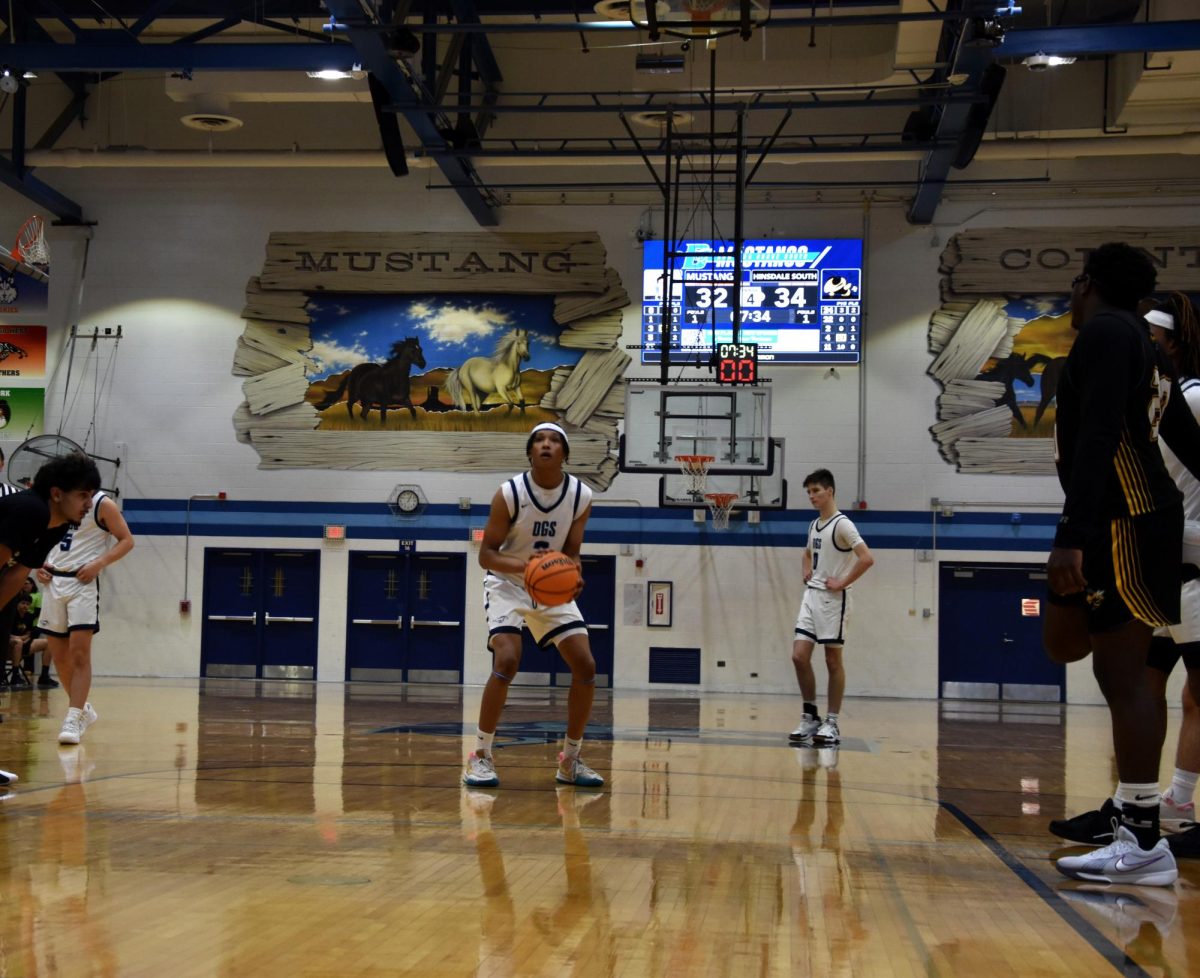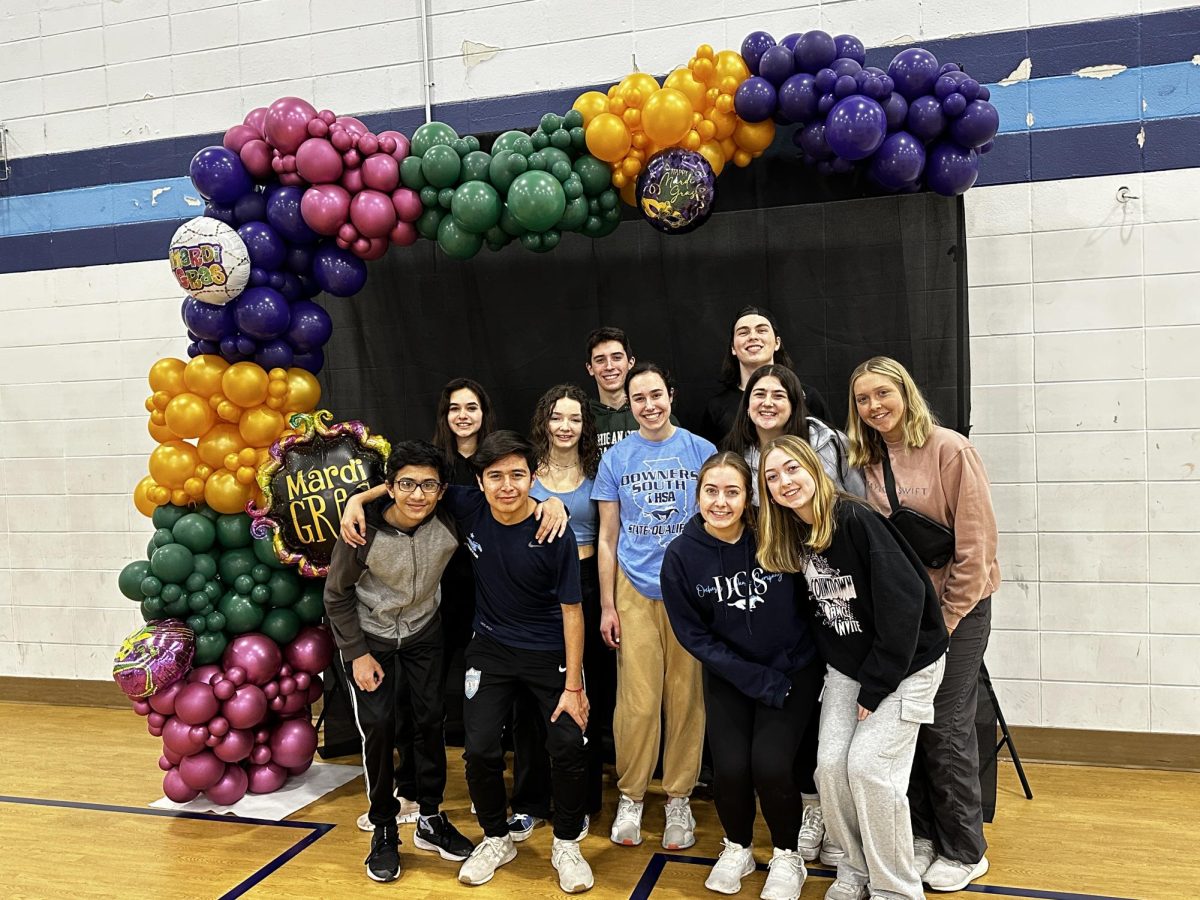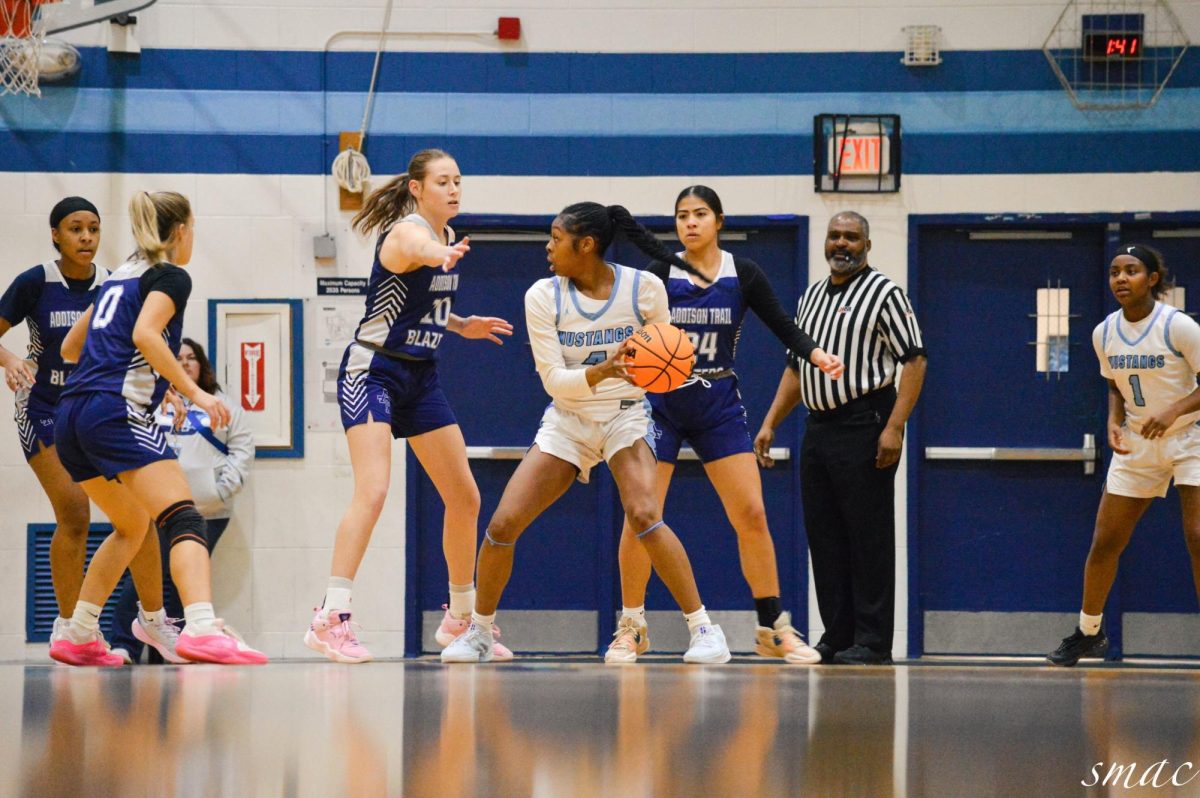Following Black History Month, it’s only right to talk about one of the most underrated college experiences–the HBCU college experience. An HBCU is a historically Black college or university. You may have heard about the more well-known schools such as Howard University, Spelman College and Tuskegee University, but there are many others that don’t get as much recognition that also have rich traditions and legacies.
What makes a school an HBCU has a lot to do with time and history. HBCUs were instituted before the Civil Rights Act of 1964, and were originally intended to be a safe space for Black students. These schools were some of the few places that welcomed and offered higher education for Black students.
Many people don’t hear much about HBCUs because of the misconception that they only allow Black students, but that is not the case.
While they are rooted in incredible Black History, that is a history that anyone can find themselves immersed in. Although most HBCUs are predominantly Black populated schools, anyone and everyone can apply.
It’s important to support HBCUs for many different reasons. Not only do they play a vital role in diversifying higher education, but they also have been pivotal in shaping the careers of many influential figures in various fields, from politics and business to entertainment and science.
By supporting HBCUs, we are preserving institutions that have historically been a source of empowerment and opportunity for marginalized communities.
Furthermore, research shows that HBCU graduates are often more likely to give back to their communities, as these institutions emphasize civic engagement, service and social justice.
All of these reasons are why I myself am 100% attending an HBCU. I will be attending North Carolina Central University (go Eagles). As a Black student, they aren’t just schools–they constantly help shape Black identity. Graduates from these institutions have gone on to revolutionize the world. One of the most notable being Howard University alumna and member of Alpha Kappa Alpha Sorority Kamala Harris.
To add on to that, most people also don’t know what HBCUs can be accredited to approximately 80% of Black judges, 40% of Black engineers, 12.5% of Black CEOs, and 50% of Black lawyers.
HBCUs have produced a legacy of greatness. Many students at HBCUs leave equipped not only with academic knowledge but with the skills needed to create their own businesses and ventures. HBCUs advocate for student self sufficiency, and building connections to grow businesses and give back to communities.
Attending an HBCU is so much more than an educational choice–It’s a decision to be part of a community that prioritizes cultural appreciation, empowerment, and self advocacy. As I prepare for this next chapter, I am excited to contribute to and grow within this incredible space of history, tradition, and of course, steady progress.
The HBCU experience is rich and multifaceted, and is free to be experienced by anyone. I implore everyone to potentially take a look into a historically Black college or university and consider taking a step out of your comfort zone.

